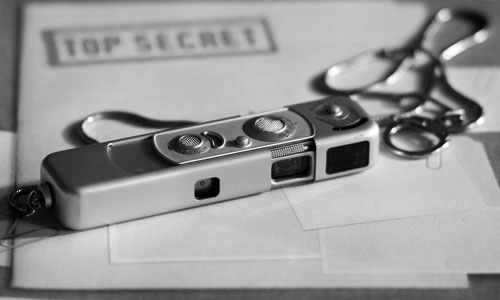Experiencing a degree of paranoia is nothing new for investigative reporters who need to protect their sources. And in this age of hackers and data leaks, it’s more important than ever to consider the security of information, communications and sources. Here are some tips and tools for safe reporting.
Digital evasion
Electronic communications and media are convenient, incredibly powerful and subject to surveillance. You need to keep data encrypted in ways that prevent interception or prying. For cloud storage, I use SpiderOak rather than Dropbox, Box, or the like. It only stores data in an encrypted form without the ability to decrypt. The content resides on your computer, phone or tablet. The company also has secure group chat and file sharing. The Electronic Frontier Foundation has some great information and tutorials on how to thwart many types of surveillance.
Tails is an operating system you load onto a USB drive and use to boot a computer. There are no traces, although you can encrypt part of the drive to hold documents permanently. Off The Record (OTR) encryption encrypts IM messaging on your computer (and can be used with the free Pidgen software that supports multiple chat services). The Centre for Investigative Journalists offers the free book Information Security for Journalists. Your organization can run SecureDrop to provide an anonymous way for sources to send tips.
Protecting your phone
If you’re traveling internationally, you might also consider wiping significant information from your phone. The Department of Homeland Security has the right to confiscate phones within 100 miles of the U.S. border. Read about it in the case of a Wall Street Journal reporter who was stopped by border agents when traveling back from the Middle East. And this article from the New York Times outlines your rights if a border agent requests that you unlock your phone.
Deep Throat tactics
Whistleblowers who want to avoid electronic communication call for a different set of tricks. Dead-drops and physical ciphers like the book cipher that you’ve probably seen in movies or TV actually work and provide old-school protection. Disposable burner phones are another everyday tool for investigative reporters who don’t want to tie their numbers to that of a source.
For an example of how some of these techniques, both physical and digital, can come together, read this account of how Edward Snowden worked with Glenn Greenwald and Laura Poitras.
You could work an entire career without needing to consider any of this and if so, marvelous. But there may come a time you need these skills and capabilities, and in such a case, preparation after the fact won’t help.










